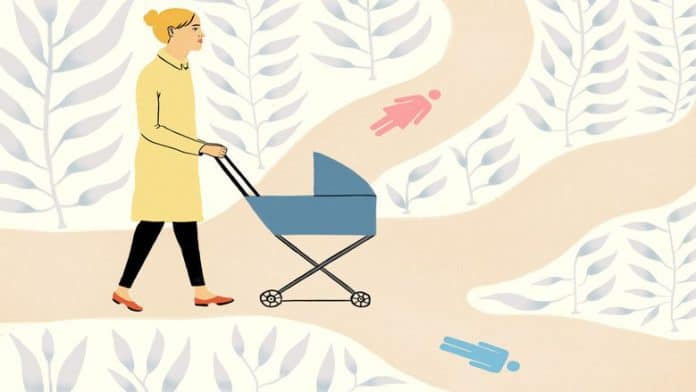Sons are valued more than daughters
The day their child is born is widely referenced as the happiest day of a parent’s life. However, In many countries, the birth of a daughter is seen as a burden, while sons are seen as assets and blessings. Historically, males were viewed as more useful than females based on the belief that they tend to be stronger biologically, due to their higher testosterone and muscle mass. This was valuable when early societies depended heavily on farming for income. Additionally, sons could carry on the family name and daughters could not, due to patriarchal institutions. Yet, even in modern society, bias for sons continues.
In India, along with several other places, the bride’s family is expected to pay a dowry. A dowry is money, goods or property that is given to the groom’s family as a condition for marriage. For many families, this is a great financial weight. Dowries also push parents to marry off their daughters at an extremely young age to avoid the dowry price from increasing, leading to child brides. Additionally, thousands of women face violence from their husband and in-laws if their family is unable to meet their stipulations. In extreme cases, they are even killed. Despite a law banning dowries in 1961, the practice still prevails.
Furthermore, due to India’s persistent gender norms, women often do not have paid jobs and cannot support their families. All of these factors contribute to the burden of having a daughter, causing some parents to resort to killing their newborn daughters — this is known as female infanticide.
India is not the only country that has a skewed gender ratio. When the one-child policy was first implemented in China in 1980, and ultrasounds started to become more common, parents were able to find out the sex of their child before it was even born. If it was a girl, they would abort it. Even though ultrasounds determining the sex of a fetus were prohibited in China in 2001, people can still get tested with under the table payments and by traveling.
The Western world is not exempt from this issue. Since 1941, Gallup, an American analytics company, has conducted a poll on Americans of different age groups and education levels, asking them that if they could only have one child, would they prefer that it be a boy or a girl. Though the point-gap has decreased from 1941 to 2018, responses show that Americans would rather have boys over girls. Another study found that parents save less for their daughters’ college education than their sons. This small act can have large consequences. If parents discourage their daughters from attending college and also put them in student loan debt, it is not surprising that the gender pay gap exists, due to women being less likely to pursue well-paying jobs. Consequently, this widens the gap in gender equality.
When we have prejudices against women, we subject girls to a life of unfairness and inequality. By giving girls the same opportunities, they can flourish and improve the world. Hopefully, in the near future, one’s gender will not prohibit them from living a long, healthy and happy life.








